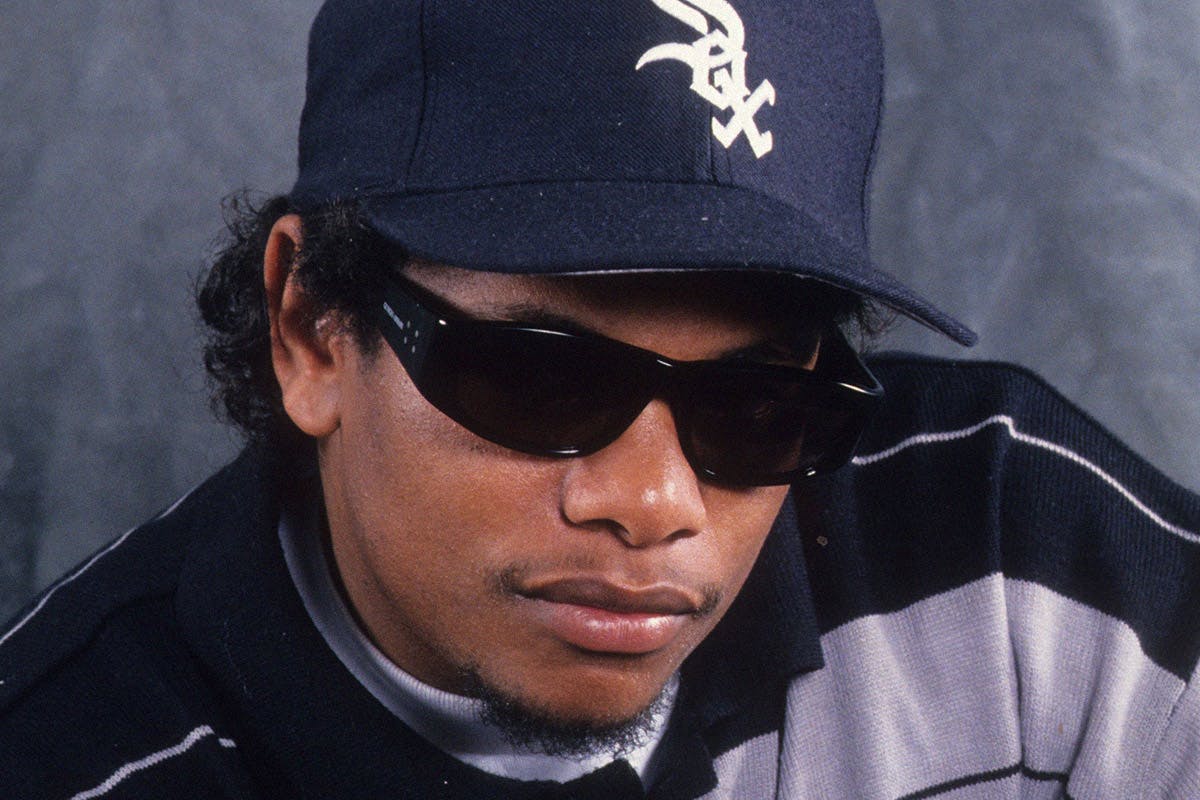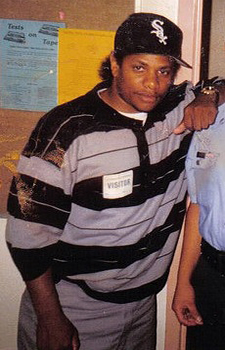

It peaked at #12 on the Top R&B/Hip-Hop Albums chart on March 11, 1989. On May 20, 1989, it peaked at #41 on the Billboard 200, and since 1989, was in various places on the chart for over 90 weeks. The album received very little attention from radio and television stations, but got support from Los Angeles's hip-hop underground. Reception Commercial performance Įazy-Duz-It was released on November 23, 1988. He responds, "You mean a 211?" The following verses tell of Eazy's exploits as a thief and thug. He is then asked if he has ever been in an armed robbery. Eazy explains (in verse) that he was ruthless, in a gang, "specialized in gankin," (loosely, to steal from) and had no respect for rules. The piece begins with an interview between Eazy and a female journalist, who asks about his childhood. "No More ?'s" is similar to "Boyz n the Hood" in its theme. It conceives the "ghetto landscape as a generalized abstract construct… also introduces a localized nuance that conveys a certain proximity, effectively capturing a narrowed sense of place through which young thugs and their potential crime victims move in tandem," as put by cultural historian Murray Forman. The song is about growing up in Compton, California, and describes the gangster lifestyle. "Boyz n the Hood" was written by Ice Cube, with some contribution by Eazy-E. Problems playing this file? See media help. The album's title track is a heavily produced song from the album.

The piece is laden with the aural mainstays of gangsta rap, including gunshots, and references to several drugs. The song declares that Eazy is a "hardcore villain" who collects money from his prostitutes, and feels great when his "pockets are fat." The chorus, repeated three times, states that he "is a gangsta having fun". Soon, Eazy begins to rap about himself and things that he does. Eazy then interrupts saying "Bitch shut the fuck up, get the fuck outta here." This is followed by a bass line provided by Dr. The album's title track and lead single "Eazy-Duz-It", written by MC Ren, opens with a woman acclaiming Eazy-E's style. Glen Boyd of Blogcritics said that the album has "Deep-ass bass lines, old-school funk samples, and plenty of street smart ghetto attitude are what powers this record." Jerry Heller wrote that Eazy raps more up front on the album than he does on Straight Outta Compton, and insists that the album's lyrics contain more sexual humor than gangsta vibe. Dre and Yella meld together P-Funk, Def Jam-style hip hop, and the leftover electro sounds of mid-80s Los Angeles, creating a dense, funky, and thoroughly unique style of their own." Birchmeier would also write that some songs-"Eazy Duz It", "We Want Eazy", "Eazy-er Said Than Dunn", and "Radio"-are all heavily produced and have "layers upon layers of samples and beats competing with Eazy-E's rhymes for attention." Rapper and producer Kanye West also touted Dr. Jason Birchmeier from Allmusic gave a considerable amount of attention to the album's production, saying that "Dr. Dre and DJ Yella, was praised by several critics.

The album's production, almost solely done by Dr. Marcus Reeves, author of Somebody Scream!: Rap Music's Rise to Prominence in the Aftershock of Black Power (2009) ISBN 9780865479975, described MC Ren's writing style as "elaborate storytelling and acrobatic verbiage", while the D.O.C.'s included "syllabically punchy boasts" and Ice Cube wrote, "masterfully insightful first-person narratives." Ice Cube's writing was often inspired by comedians like Richard Pryor and Rudy Ray Moore.

His second and last solo album, Str8 off tha Streetz of Muthaphukkin Compton (1996), was not released until roughly a year after his death.Įazy-Duz-It was recorded at Audio Achievements in Torrance, California in 1988. The 25th anniversary (2013) contains two bonus tracks, a 12" remixes of "We Want Eazy" and "Still Talkin'".Įazy-Duz-It is the only full-length solo album Eazy-E released in his lifetime for the remaining seven years of his life, he would continue recording with N.W.A until their break up in 1991, release two solo EPs and continue running his label Ruthless. The remastered version contains tracks from the extended play (EP), 5150: Home 4 tha Sick (1992). Three singles were released from the album, each charting in the US. The album charted on two different charts and went 2× Platinum in the United States despite very little promotion by radio and television. It was released on November 23, 1988, by Ruthless Records and Priority Records. Eazy-Duz-It is the debut studio album by American rapper Eazy-E.


 0 kommentar(er)
0 kommentar(er)
